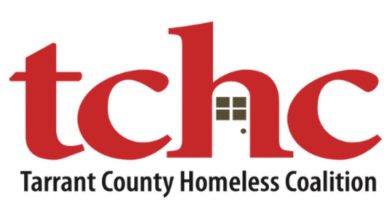Liberian man sentenced for role in $2.6 million SNAP fraud scheme
Fort Worth, Texas – A federal court in Fort Worth has sentenced a Liberian man, James Peabody, to 20 years in prison for his involvement in a sophisticated crime ring. This group specifically targeted the U.S. Department of Agriculture’s Supplemental Nutrition Assistance Program (SNAP), defrauding it of $2.6 million by draining the accounts of thousands of recipients across several states.
Peabody, along with two co-conspirators, Saybah Keihn and Margretta Jabbeh, engaged in a conspiracy to commit wire fraud, resulting in severe penalties for their actions. Keihn and Jabbeh received nine and ten years, respectively, after admitting guilt to the same charge.
U.S. Attorney Leigha Simonton, reflecting on the gravity of the crime, highlighted the essential nature of the SNAP program for low-income Americans, emphasizing the heartbreak and devastation experienced by the victims at discovering their accounts emptied.
The fraud involved the use of card skimmers, clandestinely attached to point-of-sale machines, to capture and store data from SNAP beneficiaries’ cards. The criminals then transferred this stolen data onto new debit cards, effectively commandeering the victims’ SNAP benefits.
Operating out of three grocery stores in suburban Fort Worth, the group meticulously drained the SNAP accounts, leaving less than $10 in each. These operations not only showcased the meticulous planning and execution of the fraud but also underscored the vulnerability of electronic benefits transfer (EBT) systems to sophisticated criminal schemes.
In response to the growing threat of card skimming, Congress passed legislation in 2022 mandating state agencies to replace up to two months of stolen SNAP benefits. This move aims to mitigate the impact on victims and underscores the importance of protecting the integrity of welfare programs.
SNAP plays a crucial role in combating hunger and food insecurity in the United States, supporting over 42 million Americans each month. The program’s benefits extend beyond immediate nutritional assistance, contributing to better health outcomes, educational achievements, and economic stability for participating families.
In Texas alone, more than 3.1 million residents across 1.4 million households rely on SNAP, highlighting the program’s critical support in one of the states with the highest rates of hunger. The recent fraud case sheds light on the ongoing challenges facing SNAP and the need for continued vigilance and protective measures to safeguard this vital lifeline for America’s most vulnerable populations.


